
Homo Deus: A Brief History of Tomorrow
by Yuval Noah Harari
“This is the best reason to learn history: not in order to predict the future but to free yourself from the past and imagine alternative destinies. Of course, this is not total freedom – we cannot avoid being shaped by the past. But some freedom is better than none.”
This is Yuval’s sequel to his New York Times bestseller, Sapiens: A Brief History of Humankind
. In this book, he brilliantly assembled Human kinds brief history in an attempt to highlight how the current socio-cultural climate of modern day life came to be.
The Earth began about 3.8 billion years ago, with the kind of life we are familiar with today beginning to develop around 570 million years ago, fish 530 million years, plants 475 million years and mammals 200 million years and Homo sapiens as recent at 200,000 years ago. That is just 0.004% of the Earth’s history.
I don’t know how he did it but Yuval managed to capture that part of human history in an entire book. I got great joy from reading it to the point where I had to start listening to it for a second time. To read or listen to my full review check out this link to episode 348.
In Sapiens you can feel Yuval’s excitement, knowledge, and joy that he has for his work and I feel this represents his intriguing curiosity to understand why. As he curiously explores our past he can’t help but reflect on how this will determine humanities possible futures.
In reflection, I think what really hit home for me reading Sapiens was the interesting state of our current existence and how it’s come to be. By observing our history, we are able to understand and reflect upon the formation of our current beliefs, values, customs, practices, and behaviors. I believe this is true for the life of humanity and also the life of each of us as an individual.
Zoom in for a moment. Look at your own life. Your state of being, who you are and how you go about making sense of this life and the reality you live and you’ll notice it is a construction of your past experiences. We form beliefs and values that become our brain’s interpretation of the experience we live represented in our motivations, behaviors and the reality we live.
Zoom out and we notice similarities in our family group. While we are not exactly the same, I carry very similar values to that of my brothers, my father, and my mother. In observation, you will witness similar behaviors, mannerisms, and character traits.
Zoom out again and we see patterns form in the larger population. The sociocultural values are consistent through the country and becoming more united across borders. The differences we share are the cause of most the modern day world issues.
The human need to survive and reproduce is the one motivation that unites humanity. It has caused disagreements among members of tribes, that in victory can bring great reward yet in defeat led to death or abandonment.
On a larger scale, it brings about an animosity among races that has wiped out millions of people and even entire species like our cousins the Neanderthals. Small scale quarrels to all in world wars have never really resolved anything. This may be my very ignorant opinion. And as best as I can tell there are still many disagreements that exist in this world we live but I feel we are slowly uniting.
Time is still progressing, life is impermanent, death is still very real and survival and reproduction still seem to be our fundamental human motivation. If it is not then what is it all for and why?
Beyond the battle fields of life, we see a history of communication and combined consciousness that has allowed us to try and improve survival as it benefits everyone. Yuval expressed this in his book using the agricultural evolution as an example.
As the numbers in our population grew we desired more certainty in our food sources to feed the additional mouths, so we started farming – makes sense! This was a great solution but also in hindsight, it may have been a cause of further problems.
Yuval said that while we may think we domesticated agriculture it is actually humans that were domesticated by agriculture. If forced us to build houses and communities around our crops so we could protect them and work the fields. It permanently altered how we live life.
Continual technological and other advances throughout history have and will continue to bring us improved lifestyles and benefits but at the same time that will continue to alter the way we live our life. And while war, famine, and risk of survival will still exist we have and will continue to be our own greatest risk and that is I believe because the lifestyles we’ve created for ourselves are not complementary to how we are meant to live and we humans slow to adjust.
From there it is all history and while we may speculate on the possible alternatives the current reality of life is what it is and no speculation will resolve that. What it does help us do is to better understand and be more informed about how the decisions we make today will alter our future.
Yuval states his intent for this book, Homo Deus, in the closing chapter. He states that it is impossible for us to predict the future but in reflecting on the past we can certainly better understand the realistic possible futures. In understanding that we may prevent paths that we look back on with any significant level of regret.
AI is a future possibility that has the potential to wipe out humanity as we know it. Just as farming rice has given us many greater lifestyle benefits, AI will undoubtedly bring us benefits, too. However, the risk is that we become further enclosed in lifestyles we really don’t want to live and don’t allow us to meet our most fundamental needs. These lifestyles may cause us further suffering and an inability to live and do what we are here to do, without regret.
As Yuval explains, this book is really a resource to allow us to imagine many possible futures and scenarios based on our present day conditioning rather than fixating on singular definite prophecy.
He takes you a journey of the current state of humanity by assessing the why and how that allows us to reflect on how this may impact and determine our future.
The way I see it is that we have come so far off track of how we evolved to live and now we are evolving faster than we can keep up with, causing our way of life to continually be disrupted in both positive and negative ways.
Yuval summaries his thoughts by three interlinked processes. I guess these will determine what comes next.
Here they are:
- Science is converging on an all-encompassing dogma, which says organisms are algorithms and life is data processing.
- Intelligence is decoupling form consciousness.
- Non-conscious but highly intelligent algorithms may soon know us better than we know ourselves.
These form the questions he leaves us asking and in doing so forced me to go back over the entire contents of the book, connecting the dots to all the information he shares. It kind of makes you want to re-read it again to really formulate your own understanding not only for the sake of humanity but for the sake of our own humble existence.
Here is what I am left wondering.
Are we our greatest threat? Has this always been the case?
Will our desire to fix ourselves, enhance ourselves, heal ourselves and the current modern socioeconomic, cultural and political issues be our drive to embrace technologies that, as a result, further enslave us?
Will this end humanity as we know it permanently or like all advancements will it only segregate us further? Benefit a fortunate few who hold the power while alienating and putting the rest into poverty and a life of suffering?
What can I do today to help not only myself but the lives of others so that we are better able to better enjoy this experience while also being a conscious player in the creation of our future?
What seems to have worked in history is an untied collaboration and sharing of information that can then be used for the best interest of the collective. Yuval describes this as the age of Dataism. A universal united system for sharing information that works automatically, collaboratively, effectively and harmoniously to benefit the whole. The question is, will humans need to be a part of that system?
I hope so. I believe information is what allows us to remove suffering from our lives and the impact we have on all other life. It helps us individually to make better and more purposeful decisions. It improves our consciousness, our behaviours and strengthens our position to construct a beautiful reality – one that we love.
I got a ton of value from Yuval Harari’s book Homo Deus: A Brief History of Tomorrow
.
If this book sounds of interest you can purchase Homo Deus: A Brief History of Tomorrow
here.
Please leave your thoughts, comments & questions below.
Peace, passion, and purpose…
Other books that may be of interest…
Further Reading and Resources
TED Talks: Ideas worth spreading
Elite Daily: The Voice of Generation Y
Four Hour Work Week: How to escape the 9-5, live anywhere and join the new rich.
The Minimalists: How to pursue a minimalist lifestyle and be happier.
Mind Hacks: Tips and Tricks for Using Your Brain
Rich Roll: Plantpowered Wellness Advocate
The Art of Charm: Build confidence, feel comfortable and networking differently.
The Art of Manliness: Encouraging men to be better husbands, fathers, brothers, citizens.
Tiny Buddha: Simple wisdom for complex lives.
Mind Body Green: Lifestyle media brand dedicated to inspiring you to live your best life.
Zen Habits: Find simplicity and mindfulness in life.
Creative NonFiction: “true stories well told.”
Barking Up the Wrong Tree: science-based answers and expert insight on how to be awesome at life.
The Positivity Blog: Practical articles on happiness, self-esteem, productivity and social skills.
FIND YOUR HIDDEN WHY with THE HIDDEN WHY (THW)
BUILD YOUR LIFE AROUND YOUR PASSION AND LIVE WITH PURPOSE
Sign up for free below and receive cool stuff from me each week + Plus a free copy of “The Four Pillars of Success”
In my weekly emails you will receive ideas, thoughts, learning’s and inspiration on:
- How to design a life that you want and live by your terms
- How to live a life with passion & purpose
- Methods, strategies, & techniques on life hacks
- Messages on how to better live your life
- We will also keep you up to date with fantastic interviews from THW podcast




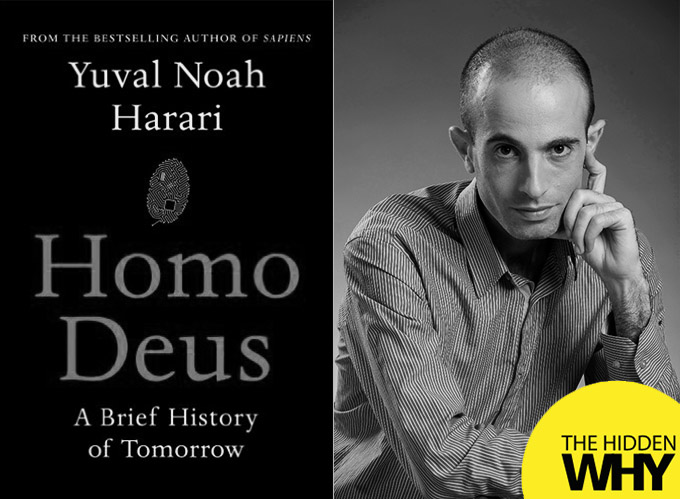
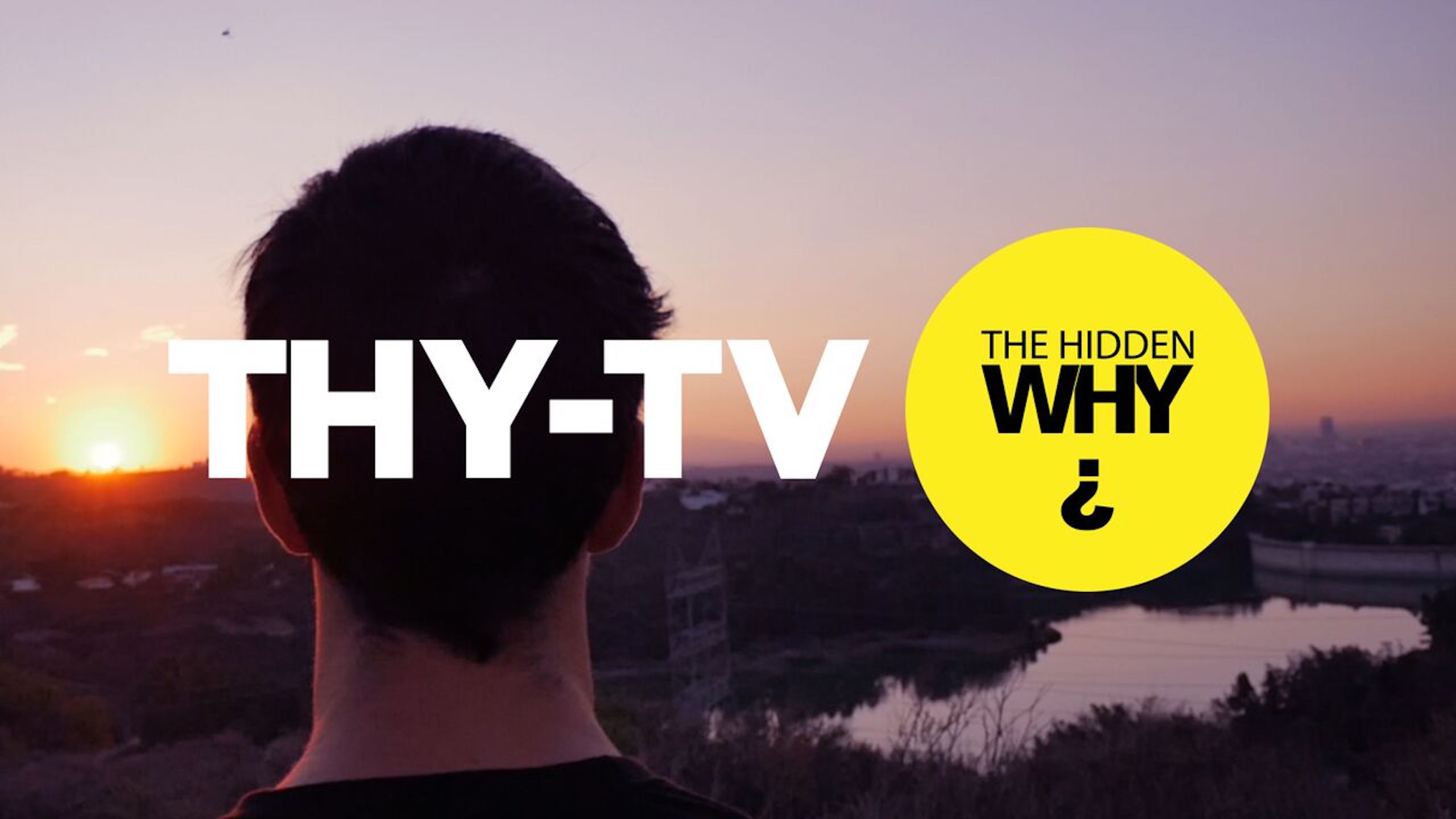
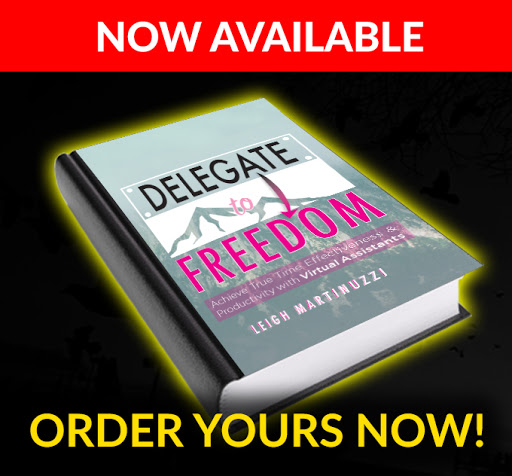
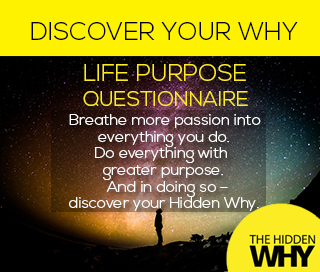



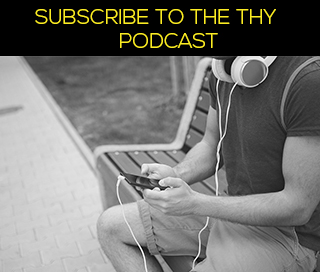
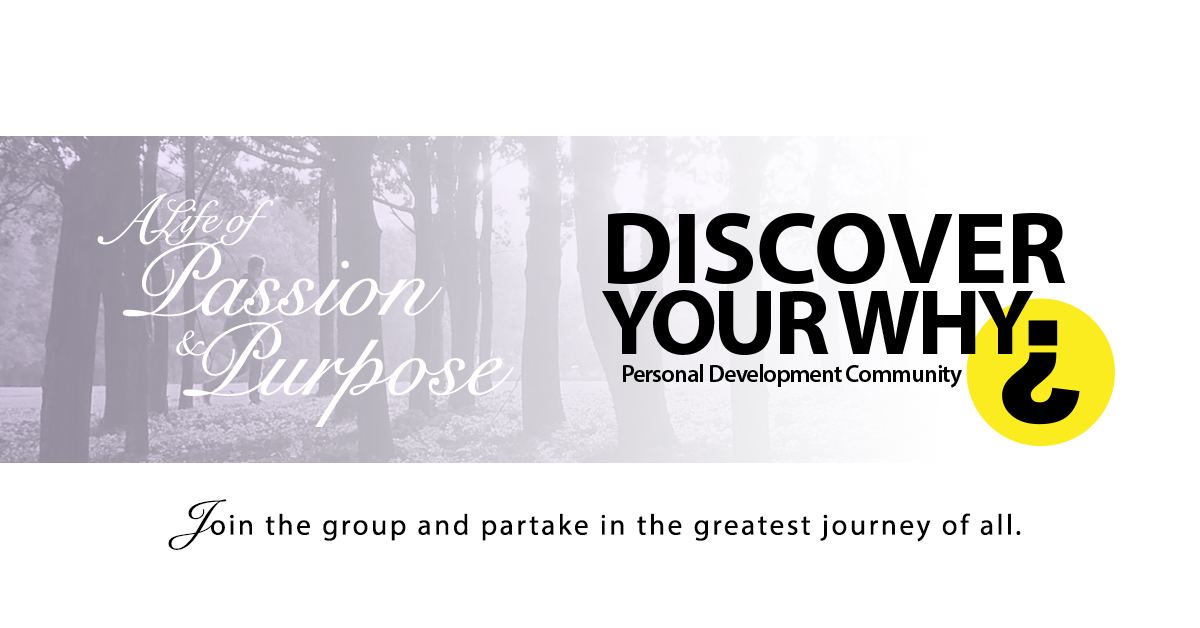
Leave a Reply